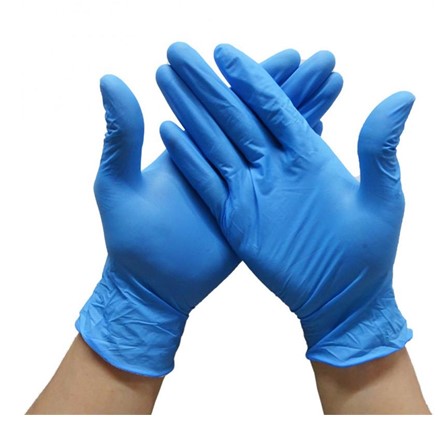Kaliningrad authorities submitted to the Cabinet a draft response to the transit ban

The Kaliningrad region has submitted to the Russian government and the presidential administration a draft response to Lithuania's ban on the transit of goods through its territory, head of the region Anton Alikhanov said in an interview with the Vedomosti newspaper.
According to the governor, the issue of transit can be solved in three ways. “The first is through the Foreign Ministry to achieve changes in the sanctions package so that these restrictions are lifted,” he said. The second option involves the launch of new ships on the sea route linking the Kaliningrad region with the main territory of Russia, while subsidizing the sea tariff so that products do not become more expensive.
Spiegel learned about Lithuania's reaction to the EU decision on transit to Kaliningrad Politics
The answer to the transit ban is the third solution. “I prepared a draft response and submitted it to the government and the presidential administration,” Alikhanov said, adding that he considers their introduction premature.
The governor refused to disclose the contents of the document. According to him, it would be expedient to discuss "measures of a different nature" that are included in it, "if the need for their adoption is 100%."
“But I repeat: we have something to answer economically, and it is very critical for Lithuania,” the head of the region concluded.
Since June 18, Lithuania has banned the transit of goods subject to European sanctions to the Kaliningrad region and from it to other Russian regions by rail. The restriction applies to iron and steel products, products for use in the aviation and space industries, perfumes, porcelain and other ceramics, household appliances worth more than €750, purebred horses, truffles, cigars and other goods.
Read on RBC Pro Pro Participatory Capitalism. A global economy that works for progress "At the bottom". What Russian assets are able to grow despite the sanctions Articles Pro Sleep 8 hours a day and be lazy: mobile application as an anti-crisis sales tool Instructions Pro Paleo Diet. Eat what nature intendedThe Russian Foreign Ministry promised to give Vilnius a "practical" rather than diplomatic response, while the Kremlin called Lithuania's decision "unprecedented" and "illegal." The head of the agency for international and interregional relations of the Kaliningrad region, Alla Ivanova, said that in order to resolve the issue in a diplomatic way, the European Union could amend the document on sanctions or send clarifications to the Lithuanian customs about the non-application of certain articles from the fourth, fifth and sixth package of sanctions to "Kaliningrad transit" goods.
The EU, in turn, claims that “there is no talk of a transit ban, a blockade [of the region]” and the transit of goods that do not fall under the EU’s restrictive measures “works normally.” However, in early July, Spiegel wrote that the European Commission may allow Moscow to use transit for all goods to Kaliningrad as early as July 10, as it believes that the ban could lead to an escalation of the conflict. Lithuania, according to him, reacted negatively to this decision.




























































